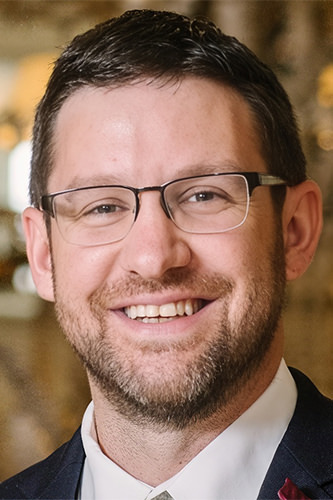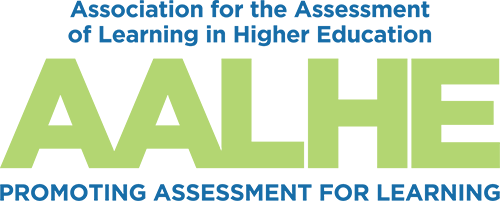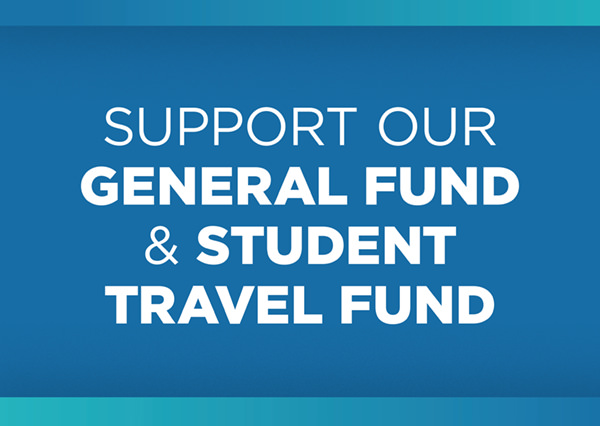AALHE Member Spotlight

Will Miller
Associate Vice President for Continuous Improvement and Institutional Performance
Embry-Riddle Aeronautical University
Years in Assessment: 13
Leadership Roles Held in AALHE: Co-Chair of the SPARK Committee
What brought you to assessment?
Like many others, I stumbled into assessment unexpectedly! My academic background is in political science, with a focus on political polling. My transition began when the Vice President for Academic Affairs at Flagler College invited me to consider the role of Director of Institutional Research, which encompassed both IR and assessment. My strong analytical skills and interest in moving from a faculty position to administration made it a natural fit. I stepped into assessment just as the institution was preparing for its SACSCOC Fifth-Year Interim Report, allowing me to take the lead in that effort and successfully guide the process. I owe my VPAA and President there a lot—they saw me as a fit for this work, and I have truly enjoyed my decade-plus working with faculty and staff at driving improvement for students and programs.
How have you benefited from your AALHE membership?
My AALHE membership has been invaluable for professional development and growth. I love the diverse opportunities it provides—whether through book clubs, networking events, or the annual conference, AALHE continuously offers ways to expand my skills and stay engaged with the field. One of the things I appreciate most is the wide range of institutional types and roles represented. From faculty to AVPs, student affairs professionals to data specialists, AALHE fosters a community of diverse, passionate experts who bring different perspectives but share a common goal: helping our campuses improve and make a greater impact. The mix of human-centric and data-driven approaches creates an energizing space where members support one another in navigating the challenges and opportunities in assessment.
What do you think the future of assessment will look like?
I don’t think there’s a future of “Assessment” as we’ve traditionally defined it. Assessment as an act or checklist item needs to be left behind. While we will always need strong and meaningful processes, strategies, and tactics, the future isn’t about completing assessments—it’s about what we do with the data and the stories they tell. To get there, we need to simplify. Let’s stop burying our work under bureaucratic forms and templates and instead have real conversations with faculty and staff. What do they want students to learn? How will they know if it’s happening? What are our goals, and what will we do if we meet them—or if we don’t? People engage more when they can talk about what excites them rather than filling in a text box. Most importantly, the future of assessment is about student success—not just tracking graduation rates but understanding and improving learning in ways that truly matter. That’s the real measure of success.
What is the best career advice you can give?
So much of our work is about politics and relationships. It’s about knowing which buttons to push, which levers to pull, and how to sell ideas to people who may be skeptical—or even outright resistant. The ability to present the same concept in different ways so that faculty, staff, and leadership can see the bigger vision and value of our work is critical. With that in mind, the best advice I can give is: invest in building relationships. I’m incredibly fortunate at Embry-Riddle, where my President and Provost believe in our approach and its impact, ensuring I have the right audiences to keep momentum moving. But when I first arrived, my Executive Director for Academic Assessment handed me a list of 100 people and told me to meet with all of them—just to listen and share ideas. That foundation of trust and conversation set me up for any success I’ve had in my time here.
Describe a challenge you have faced in the world of assessment.
One of the biggest challenges I’ve faced is working toward curricular coherence at a multi-campus institution. To truly support student success and function as one university, we spent the past year revising three separate catalogs into one unified catalog. This meant reviewing 3,000 courses; rewriting descriptions, course goals, and learning outcomes; and ensuring that faculty across all campuses were aligned on what they wanted in the new catalog. The process required changes in prefixes, course numbering, and standardization, but one of the biggest wins was leveraging new technologies to help draft content. Instead of placing the full burden on faculty, we used tech-assisted drafting to create initial versions, which faculty could then review and refine. While it took an enormous amount of effort to standardize everything, this project sets us up for truly impactful assessment moving forward—allowing for better alignment, clearer expectations, and a stronger foundation for evaluating student learning.
What are your hobbies or leisure activities.
Like any self-respecting data wonk, I love building LEGO sets and playing trivia—there’s something incredibly satisfying about solving puzzles, whether it’s in data, bricks, or random facts!
My wife and I are also huge escape room enthusiasts—we love the challenge of deciphering clues, solving puzzles under pressure, and working as a team to "break out" (which, honestly, isn’t that different from navigating assessments in higher ed!). Beyond that, we’re passionate about traveling and exploring new places whenever we can. And when we’re not on the road, you’ll find us cheering on our teams as diehard Chicago Cubs and Jacksonville Jaguars fans—riding the emotional rollercoaster that comes with sports fandom.
Return to the Member Spotlight Archive.
|


